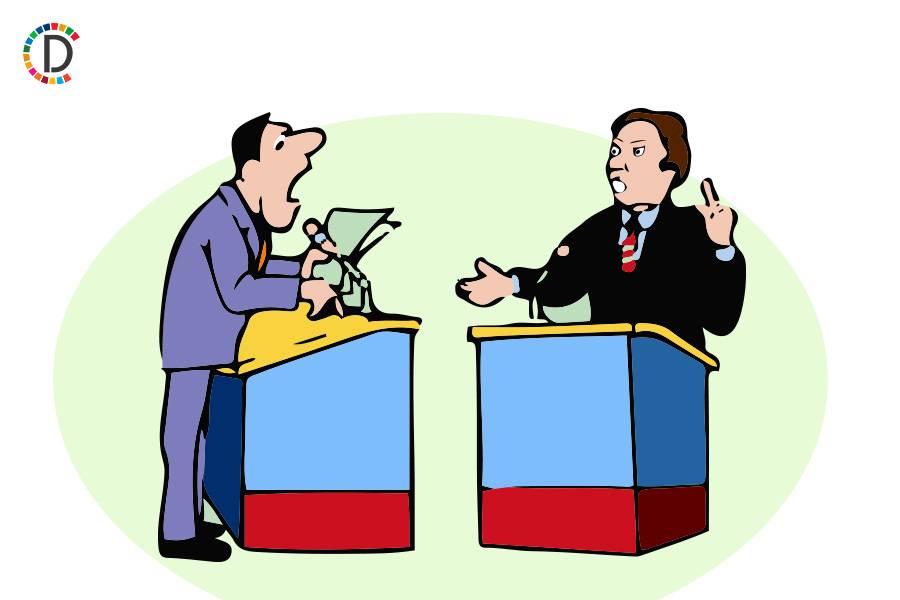Ivory Coast's Political Milestone: Ouattara's Fourth Term and Future Leadership Challenges
Ivory Coast President Alassane Ouattara has secured a fourth term, winning 89.77% of the vote amid an electoral climate marred by opposition ineligibility and low turnout. Despite maintaining economic stability and security forces in place, concerns linger about political succession and a future leadership crisis.

Ivory Coast President Alassane Ouattara has clinched a fourth term with an overwhelming victory, achieving 89.77% of the vote, following the ineligibility of his main competitors. The election, which proceeded without significant disturbances, has been marked by concerns over voter turnout and the lack of major opposition candidates.
Despite this significant electoral win, the future of Ivory Coast's politics remains uncertain. President Ouattara has pledged economic growth and investment but faces challenges in appointing a successor, a move critical to avoiding political crises akin to those following former President Felix Houphouet-Boigny's death.
The security situation during the election was under tight control, with tens of thousands of security personnel deployed and numerous arrests made amid restrictions on protests. Amnesty International criticized the heavy-handed measures, while the government maintains it balanced maintaining order with freedom of speech.
ALSO READ
-
Ivory Coast's Ouattara Reelected Amid Low Turnout and Controversies
-
Ivory Coast's Political Landscape: Ouattara's Fourth Term and Future Challenges
-
Alassane Ouattara Triumphs in Ivory Coast Presidential Race
-
Ivory Coast's Election: A Quest for Generational Shift Amidst Economic Growth
-
Ivory Coast's Presidential Race: Youth Voices and Political Shifts









